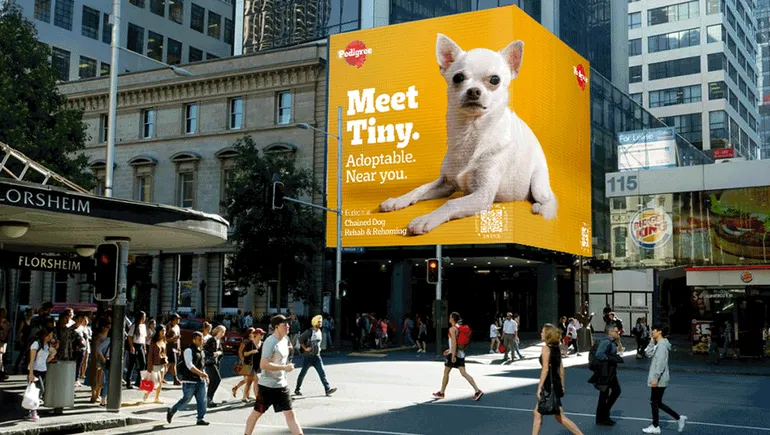
Consumers see 77% of brands as not meaningful, report says
Dive Brief:
- Seventy-seven percent of brands could disappear and no one would care, according to the findings in Havas’ Meaningful Brands 2019 report shared with Marketing Dive. The number is 3% higher than the 2017 report and the highest since the research began in 2008.
- Brands seen as meaningful and viewed as making the world a better place have seen their wallet share multiply by 9, and see a 24-point greater purchase intent. Google, PayPal, Mercedes-Benz, WhatsApp, YouTube, Johnson & Johnson, Gillette, BMW, Microsoft and Danone were the top 10 performing brands. The retail, food and electronics segments are seen as most meaningful.
- Nine out of ten consumers expect brands to deliver content, but consumers think 58% of content from brands is irrelevant and isn’t meaningful. The report revealed a 72% correlation between content effectiveness and a brand’s impact on personal well-being.
Dive Insight:
The Meaningful Brands report should be cause for some concern for marketers, as it reveals that consumers are majorly underwhelmed by most brands. Marketers have a lot of work to do to make more of an emotional connection and should take note of the marketing strategies of the brands listed as most meaningful as they craft future campaigns that will resonate. The findings are interesting in light of the fact that there has been no shortage in the past year of issue-driven campaigns where making an emotional connection is a key strategy. It’s possible these efforts are failing to make a connection, either because they’re lacking in authenticity or because consumers are fatigued by an overabundance of such campaigns.
Content is an area where most marketers are lacking, according to the report. Consumers are growing to expect relevant, personalized content from their favorite brands, but brands are missing the opportunity to engage them in a meaningful way that builds brand loyalty. About 40% of consumers said messages from brands only sometimes feel personal, a Periscope By McKinsey study revealed. The Havas report suggests that consumers feel overwhelmed by the massive amount of content created by consumers, brands and publishers.
The report is also the latest to iterate consumer preference for brands that take a stand on social and political issues. In the divisive political climate that exists today, the research suggests that buying is a “political act,” and that consumers wield considerable power when it comes to influencing change. Nearly two-thirds of consumers purchase from or boycott brands because of its stance on political or social issues, marking a 13-point increase over the previous year, according to the 2018 Edelman Earned Brand study. Fifty-three percent of consumers think brands can do more than governments to solve social problems.
Being too political was once considered a risky move for brands, but as consumers are growing to expect more action from brands, going public on political or relevant social issues is good for business. Forrester predicted that in 2019, brands would look for ways to use societal controversy to drive consumer energy and that CMOs would capitalize on divisions in society to disrupt the market and create value. While ads that have touched on such controversy — such as Gillette’s #MeToo-inspired ad and Nike’s campaign with Colin Kaepernick — have seen backlashes, they’ve also been successful.



